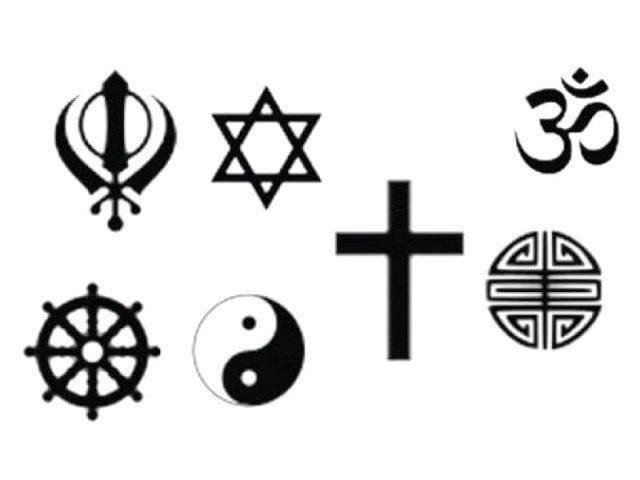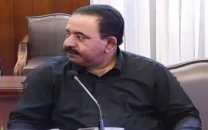Activists prepare strategy for minorities’ right
Draft demands commemorating interfaith harmony day

Draft demands commemorating interfaith harmony day. STOCK IMAGE
At a consultative workshop in Hyderabad on Monday, the activists cudgelled their brains, shared experiences and exchanged views on how to prepare a practical policy for human rights in Sindh.
“We are trying to prepare a concise and holistic draft for the Sindh government to legislate and implement,” said Mustafa Baloch, the regional head of Strengthening Participatory Organization (SPO), a non-profit organisation. The effort was sponsored by the federal human rights ministry, which is also computerising data of human rights violations in the country during last five years using a management information system programme by SPO.
The strategy paper has divided rights in three categories: rights of individuals and vulnerable groups, civil and political rights and social, economic and cultural rights.
For the minorities, the draft suggests reviewing out-dated personal laws of Christian and Hindu communities, stopping forced conversions, punishing religious hatred and commemorating an interfaith harmony day. The draft recommends increase of job quota to 3%, relaxing recruitment age limit by 10 years and shifting to an inclusive system of education from the prevailing exclusive one for people with disabilities.
The draft emphasises protection of children from violence, abuse, discrimination, exploitation, abandonment, trafficking and labour, among other forms of exploitation. Three years after its enactment, the Sindh Right of Children to Free and Compulsory Education Act, 2013, remains far from achieving its objectives. The draft calls for unfailing implementation of the act.
The recommendations also consider defects in the criminal justice system, dispensation of justice, police services and corruption as stumbling blocks for civil and political rights. It strongly puts forward enforcement on the right to laws to end the culture of secrecy that hides many governmental ills.
Federal human rights ministry director Muhammad Arshad said that the national and provincial strategies are being formed to improve the overall rights situation.
Published in The Express Tribune, October 19th, 2016.



















COMMENTS
Comments are moderated and generally will be posted if they are on-topic and not abusive.
For more information, please see our Comments FAQ